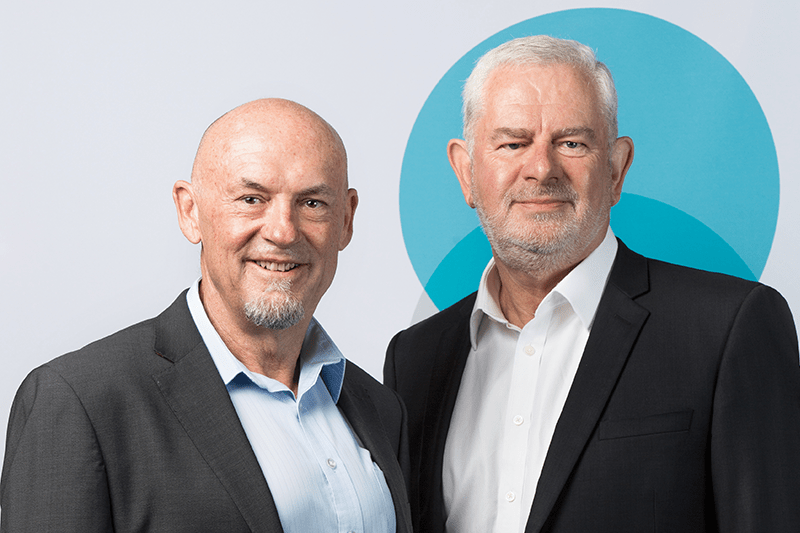By Peter Kelly on 7 August 2019
There is currently a debate going on around whether the government should delay or cease future increases in the rate of superannuation guarantee contributions beyond the current 9.5%.
But before looking at the current debate, let’s consider how we got to where we are today.
The superannuation guarantee system commenced back in 1992. Employers were required to contribute 3% of an employee’s salary to super. The rate increased to 9% in the years leading to 2002, and is now progressively increasing to 12% which will apply from 1 July 2025.
The current debate is questioning whether there is any benefit to be achieved by increasing superannuation guarantee beyond its current level of 9.5%.
On one side is the superannuation industry which is adamant that the rate should be increased to the original promised 12%, and possibly even higher.
The superannuation industry supports their argument by saying that having more in super will result in workers being better off in retirement and will ease pressure in the age pension system.
However, a cynic might suggest that the superannuation industry is driven by their own self-interest. More contributions to super mean more funds for the industry to manage. This, in turn will lead to more income for the super funds that base their fees on the value on individual member’s accounts.
But, what is the argument from the other side?
The Grattan Institute, an independent “think tank”, has been promoting an argument[1] that increasing the superannuation guarantee rate beyond the current 9.5% will leave many workers poorer over their entire working life. In fact, they go on to suggest that the only people who would benefit from an increase in the superannuation guarantee rate will be the rich, and the very poor. The middle Australian will be at a loss.
The argument the Grattan Institute makes is that workers would be better off receiving the additional 2.5% as an increase in their wage, over their working life, rather than having it added to their super. They argue that the increased income received in retirement from a higher superannuation balance will be offset by a reduction in age pension payments – which I thought was the reason for increasing superannuation savings anyway!
By increasing wages, it presupposes that if super guarantee contributions are frozen at the current 9.5%, employers will actually pay the additional 2.5% to workers as a pay rise. Unless compelled to, many employers will simply retain the amount they might have otherwise been required to contribute to super. And even if compelled to pass the additional 2.5% to workers as a salary increase, how many employers will simply offset future salary increases by an equivalent amount?
I am not sure what the right answer is here.
However, I will be continuing to maximise contributions to mine, and my wife’s super over the remainder of my working life. It is my sincere hope that we will never have to rely on the government’s age pension even though I “have paid taxes all my life”. Sadly, this sentiment, expressed by so many, demonstrates a very limiting mindset.
The age pension, to my mind at least, is a safety net for those who through circumstances beyond their control have been unable to provide for themselves – it should not be regarded as an entitlement or a right.
But then, perhaps I am simply being too idealistic.
[1] https://grattan.edu.au/news/super-shock-more-compulsory-super-would-make-middle-australia-poorer-not-richer/



comments